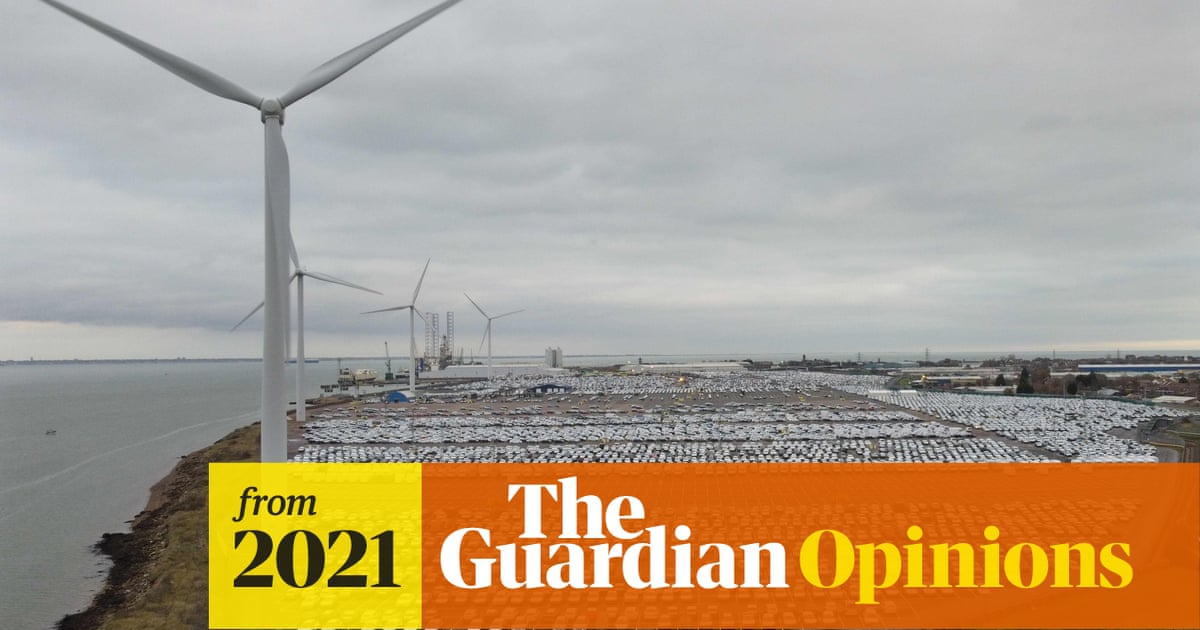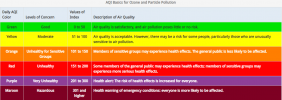They aren’t the only things keeping me up at night. Negotiations over federal climate policy have held me in anxious suspense for months. With 50 Democratic votes in the Senate, Congress has a narrow opportunity this summer to pass the bold climate-investment package that the president proposed at the end of March. His American Jobs Plan lays out a vision to cut carbon pollution by
50 to 52 percent by 2030 through significant investments in climate action. His proposal is extremely encouraging, and I expected Congress to act on a climate bill quickly. Yet the months have dragged on, and Congress has not made progress.
When Biden announced a bipartisan infrastructure bill on June 24, many expected that it would include significant climate investments. As the details trickled out, though, it became clear that very little climate policy was in the bill. Sure, there was spending for public transit, clean water, and transmission lines—all worthy allocations. But the bill would hardly cut carbon pollution, ultimately doing little to stop climate change from accelerating each year.
We cannot address a small sliver of our carbon pollution and call it a victory. We have to tackle this problem at scale. The last chance we had for a federal climate bill was
12 years ago. I’m afraid that Congress will again fail to pass climate legislation that invests at the necessary level. I’m worried that we’ll keep burning time we no longer have.
But we must not abandon hope. “Despair is paralysis,” the ecologist Robin Wall Kimmerer writes in
Braiding Sweetgrass: Indigenous Wisdom, Scientific Knowledge, and the Teachings of Plants. “It robs us of agency. It blinds us to our own power and the power of the earth. Environmental despair is a poison.”




